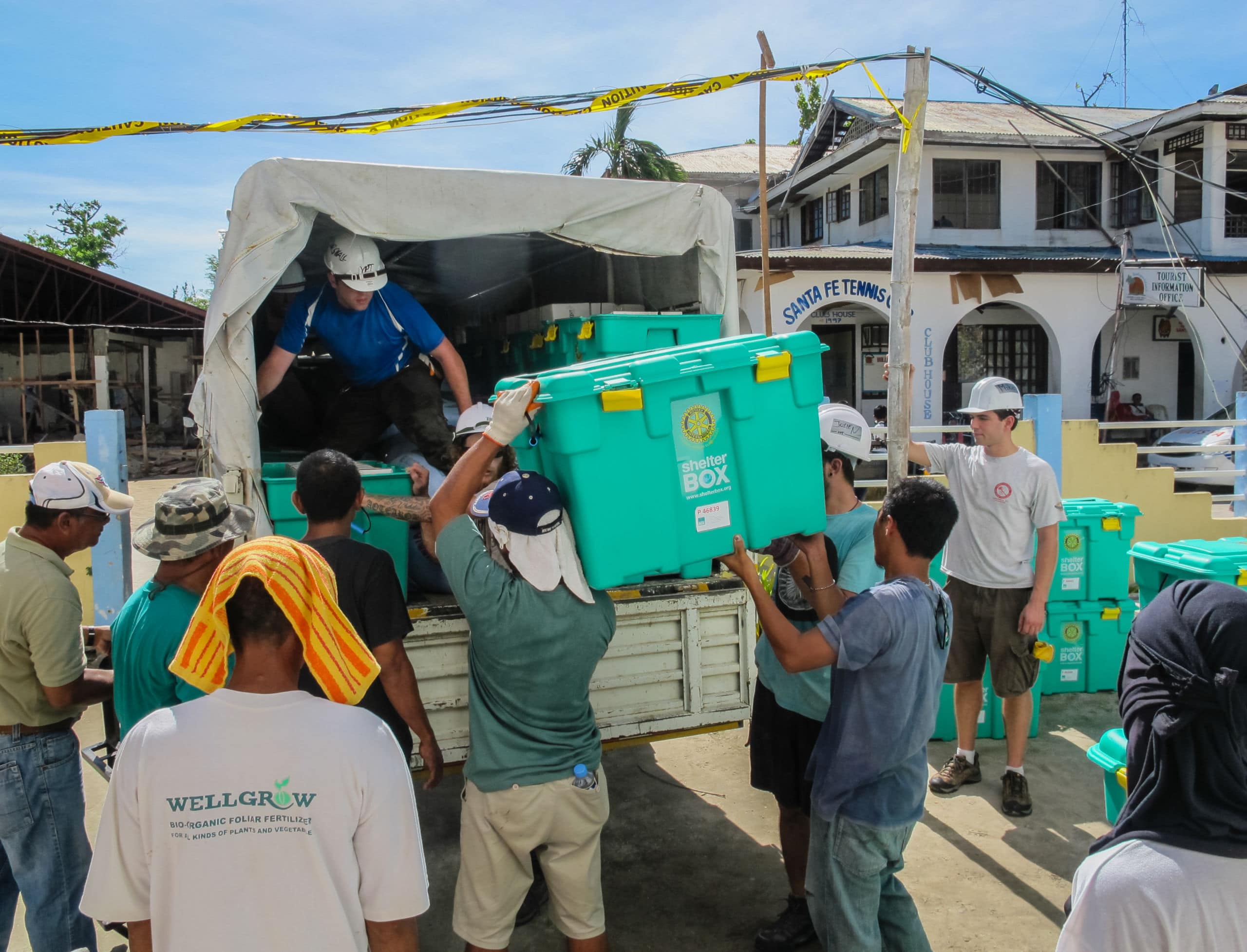When hurricanes and floods are in the headlines, you can be sure many chapter relations professionals (CRPs) are watching nervously, worried about colleagues and members in the threatened area. Chapters that have been through a natural disaster need all the help they can get to deal with:
- Destroyed or damaged buildings, offices, furnishings, equipment, and files
- Lost data when there’s no backup for a damaged server
- Lost productivity when staff and volunteers are operating without their usual resources
- Personal losses
In this series on chapters in crisis, we’ve covered all kinds of crises unique to volunteer-run membership organizations in the 21st century:
- Financial mismanagement
- Financial fraud
- Compliance issues
- Cybersecurity
- Data privacy
- Website disasters
- Struggling chapter leaders
- Leadership succession challenges
- Outsourcing and hiring issues
- Legal risks and liabilities
Unlike these other crises, you can’t minimize the likelihood of a natural disaster, but you can prepare for one.
We are assuming, in these posts, that chapters are subsidiaries, a situation that brings more risk to National, but also supposedly provides more control. Even if your components are independent, you’ll benefit from the advice we share on a crisis we all fear: natural disasters.

